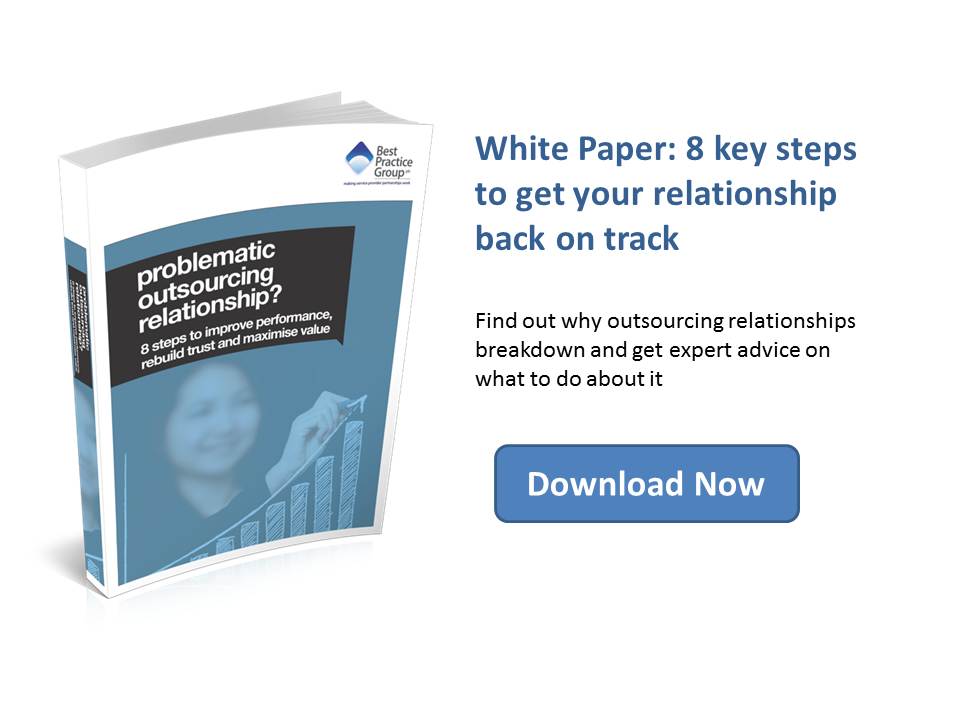 “Government contracts with profit-driven firms must end, says Labour policy chief” reported Civil Service World, “Strip companies of government contracts, Labour policy chief says” was the Telegraph headline. Surely, after the weeks the Labour party have had recently, trying to convince commerce leaders that they are a business-friendly party, this must be a storm in a teacup or media exaggeration, mustn’t it?
“Government contracts with profit-driven firms must end, says Labour policy chief” reported Civil Service World, “Strip companies of government contracts, Labour policy chief says” was the Telegraph headline. Surely, after the weeks the Labour party have had recently, trying to convince commerce leaders that they are a business-friendly party, this must be a storm in a teacup or media exaggeration, mustn’t it?
“Business figures have attacked Labour over a suggestion from the party’s policy chief that companies running some of the UK’s most important public services should be blocked from bidding for government contracts if they are ‘driven purely by profit’” was what the FT had to report on the subject. It would seem that there may be some merit to these reports, but are these bold and brash headlines overshadowing a more sensible and infinitely less radical viewpoint?
Is a shake up such a bad thing? Should the public sector be looking to their private sector contractors for more proof of driving best value and evidence of encapsulating social responsibility in their work?
The man at the centre of this furore is Jon Cruddas, MP for Dagenham and Rainham, Labour’s policy review coordinator since 2010. But his comments are not attributed to a party speech or a manifesto change, they are from a forthcoming book he has written that the Telegraph has provided us with snippets from. The media noise surrounding these comments will no doubt help his short-term book sales, the cynic inside me would suggest, but are the statements really as big a deal as the headlines would have us believe? Let’s look at the passage from the book that the Telegraph have supplied:
In one of the chapters of his book Cruddas talks about three big changes Labour should make to policy for the common good, but it’s the second of these that the media has focused most on. Cruddas writes “Second, no more outsourcing of relational services to those parts of the private sector that are driven purely by corporate profit rather than a social purpose. It is quite staggering that some £10 billion of public contracts – of taxpayers’ money – are allocated to some 20 private companies.”
“Rather, we need to forge cooperative ties with ethical enterprise – such as cooperatives, mutuals, and social businesses.”
I’m not sure I quite understand what all the fuss is about. Yes, these musings offer us a window into the inner thoughts of a man who is major cog in the Labour party wheel, but they are not radical in nature. They simply suggest that if private sector organisations wish to bid for public sector contracts they should be expected to not only show their public responsibility side, but provide evidence that they are behaving in the right way.
The scale of private sector involvement in public sector relationships
Public sector outsourcing is a lucrative arena, with local government outsourcing worth an estimated £30.5bn and, according to the FT’s research last year, many of these contracts “going to a small number of groups such as Capita, G4S, Serco and Atos”.
The National Audit Office (NAO) 2013 report put the figure for local government spending at £84bn, stating that estimated total public sector spending on goods and services could be as much as £187bn. Once again, they pointed to several key players in the private sector as accounting for “a small but significant part” of this spending.
With so much responsibility sitting on so few shoulders, isn’t it only right for our government, whichever party is in power, to ask these providers to demonstrate evidence that they are motivated by more than just profit in their actions? After all, it is our taxes funding this service delivery.
Is profit a dirty word?
If the Labour party are going to appease big business in the run-up to the elections, they are going to have to get over any issues they may have about commercial organisations making a fair profit, based on the risk these providers take in being accountable for the outcomes from the services they provide.
Profit is not a dirty word, and Gordon Gekko is certainly no role model. Profit and cash flow both serve a valuable purpose as a motivator so long as this is balanced with enough social responsibility to appreciate and act on what is good and right as well as profiting from the relationship at the same time.
Surely the primary goal for any public sector institution is to ensure that the outcomes for the citizens it serves are optimised for the value they hope to achieve. If commercial enterprises, engaged for their specific expertise, make money in the process by evidencing that they are delivering best value for public services and new, innovative ways of regularly re-shaping these services, surely that is a good thing – it’s a win-win all round.
Nobody wishes to see public taxes being squandered with inefficient in-house service delivery; nor do they want to see private organisations fleecing public sector organisations, but to see them earn and grow, to serve their shareholders and stakeholders is perfectly normal and acceptable behaviour. So while a balance does exist, it’s about being clear on what your expectations are from that balance and on what basis the provider can implement it.
Cruddas’ suggested focus on social benefits is nothing new
In an article we wrote at the end of last year called The size and shape of the outsourcing market we focused on just this point and the way new EU procurement regulations were going to change the face of large provider bidding.
We said:
“So, if you are one of these providers, just be mindful of the changes coming with the new EU procurement regulations, expected for implementation in the UK in 2015. These will assist public sector organisations to weight much more heavily and select their preferred providers based on:
- Social values.
- Subcontracting large elements of work to the local economy (whether SMEs, mutuals and/or other socially based enterprises).
- Your past service delivery performance – very specifically, whether you have achieved ‘reasonable’ business outcomes for your other clients, not just whether you have achieved what was detailed in the KPIs or specification…”
Conclusion on the media frenzy around the comments in Cruddas’ book
According to the FT “Labour insisted Mr Cruddas’s words were not official party policy, saying they were instead ‘intellectual thinking to help guide future policy making’. A spokesman said: ‘It is wrong to say that we will end the use of the private sector, but we are talking about a different way of doing things from this government by putting the public first.’”
So what does all of this mean? Well, to extract the salient points from our commentary:
- Profit is not a dirty word, it’s a necessary part of motivating private sector specialists to achieve your project/relationship goals. More focus needs to be placed on the evidence of value achieved than the money made or the input costs in such relationships.
- Adding proof of social responsibility to the procurement process is an important evolution for the public sector to make, and for the private sector to be measured against, but this is already on the way with new EU procurement regulations due to be implemented here in the UK soon. However, it is also important that your ICF team ensures that this aspect is correctly performance managed and that it is apparent from the evidence that it is being achieved.
- Jon Cruddas’ book will probably sell a few more copies than it would have done, thanks to the media’s insistence on using such emotive headlines to get us all worried.


